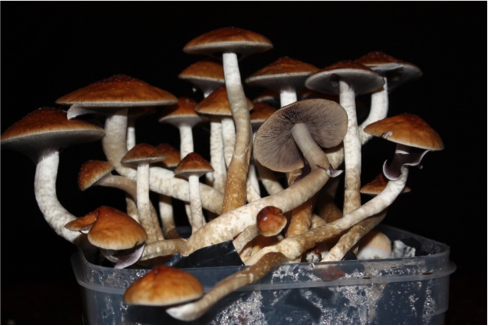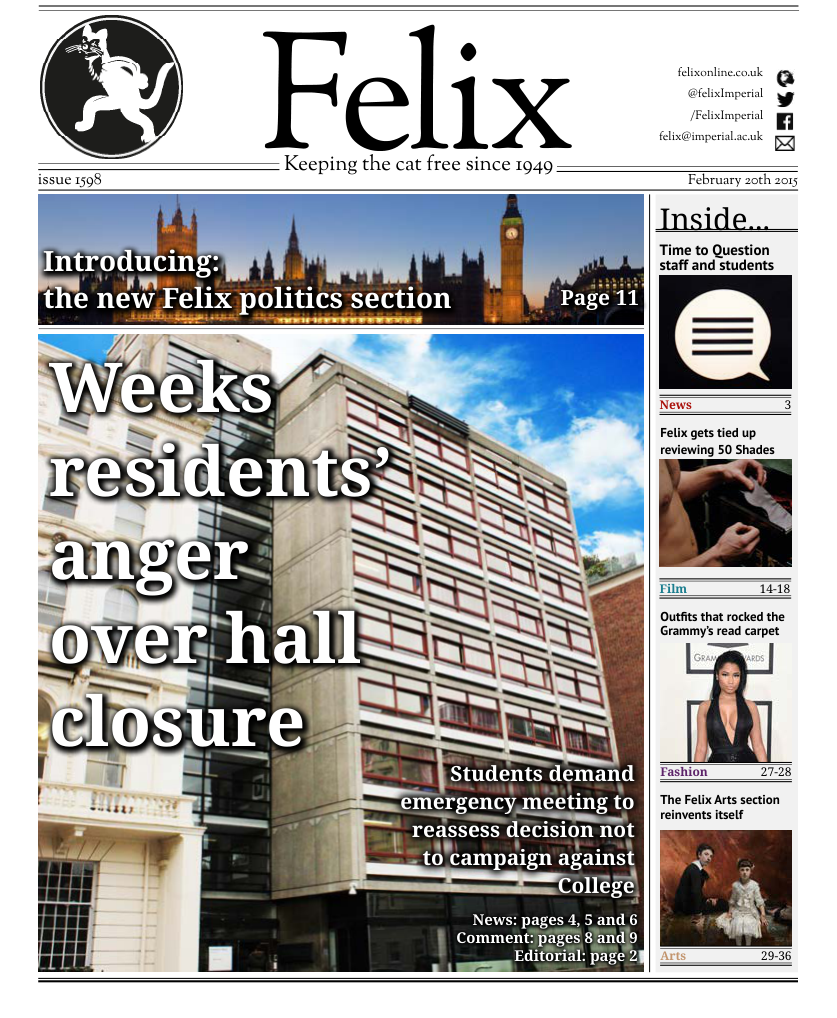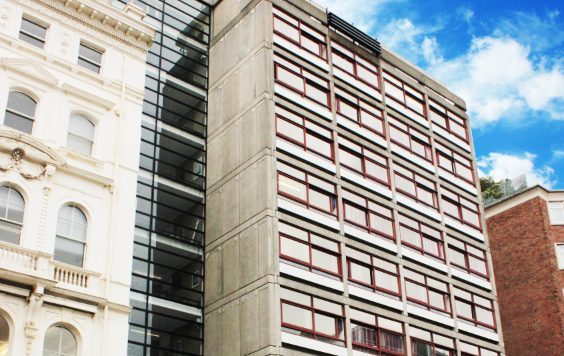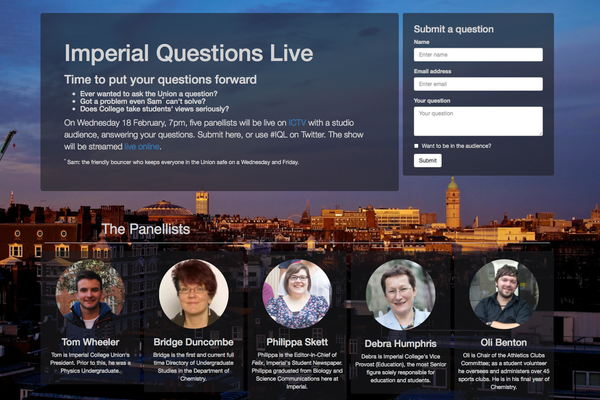Imperial College scientists to study potential benefits of psilocybin in patients with depression
Experiments are due to start in April after a lengthy battle against red tape

Researchers from the Department of Medicine will perform the first human trials in nearly half a century into the medical benefits of psilocybin, the active compound in magic mushrooms. The pilot study will focus on the potential of psilocybin to help patients with depression who have failed to respond to conventional treatments.
Professor David Nutt and Dr Robin Carhart-Harris of the Centre for Neuropsychopharmacology have previously carried out research using MRI scans to study the brain activity of 15 healthy volunteers who had been administered psilocybin.The new research builds on recent studies in the US, which have suggested that people suffering from depression and anxiety respond positively to controlled encounters with the hallucinogen.
The Imperial College scientists were awarded a Medical Research Council grant in 2013 to study the effects of psilocybin on patients suffering with depression. Due to begin in April, the experiment will involve studying the changes in the brains of twelve patients with depression before and after receiving a dose of psilocybin. The scientists then plan to extend the study to a full clinical trial of 60 patients, 30 of whom will only receive a placebo.
Research into the potential health benefits of hallucinogenic drugs has seen a recent revival after more than 40 years of stagnation. Despite a wealth of scientific work during the 1960s investigating the effects of psychedelic drugs, research had to be abandoned when LSD was banned in the UK in 1966. Still a Schedule 1 Class A drug, academics in the UK require a £3,000 Home Office license – and approval from NHS research ethics committees – in order to study psilocybin.
“The current legislation is stopping the benefits of these drugs being explored and for the last 40 years we have missed really interesting opportunities to help patients”, said Professor David Nutt, director of the Neuropsychopharmacology Unit in the Division of Brain Sciences. However the years of waiting and struggling against red tape may prove to be worthwhile, if the research continues to give positive results.
In the last few years studies have suggested that hallucinogenic drugs could not only treat patients with depression but also ease the anxiety experienced by terminally ill cancer patients, helping them come to terms with death, and even aid those with substance abuse problems in recovering from their addictions.










